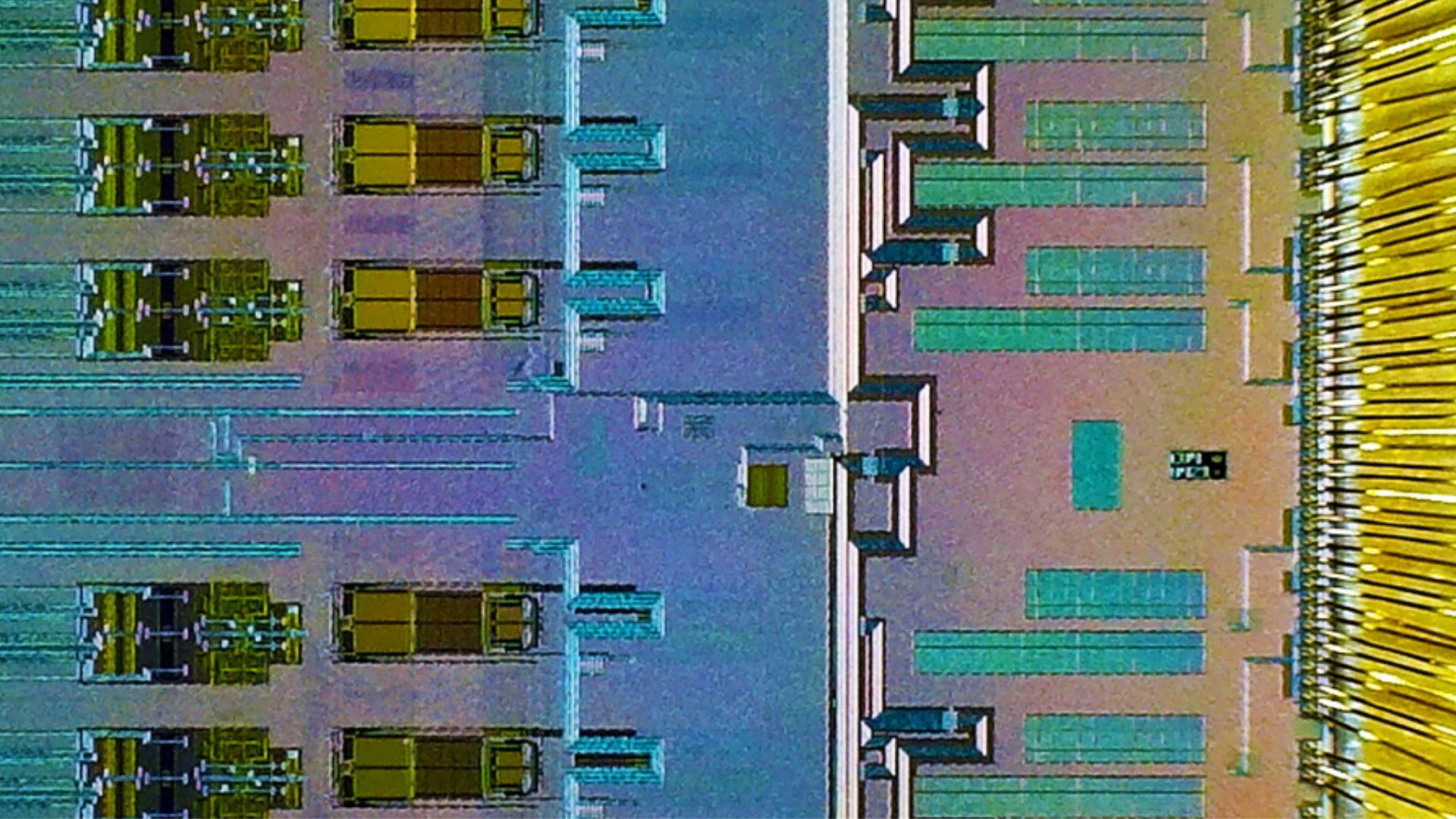Columbia's radiation-proof chip built to decode the universe at CERN

Source: interestingengineering
Author: @IntEngineering
Published: 8/12/2025
To read the full content, please visit the original article.
Read original articleColumbia University engineers have developed a specialized, radiation-hardened analog-to-digital converter (ADC) chip designed for CERN’s Large Hadron Collider (LHC) upgrade, specifically for use in the ATLAS detector. This custom silicon chip can capture and digitize signals from up to 1.5 billion particle collisions per second, a significant increase from the current 400 million collisions per second. The chip’s resilient design allows it to operate reliably in the LHC’s extreme radiation environment, where standard commercial electronics fail. By converting analog signals from the liquid argon calorimeter into precise digital data, these ADC chips enable scientists to analyze particle collisions with unprecedented detail.
Due to the intense radiation and the niche market for radiation-resistant electronics, commercial components were unsuitable, prompting Columbia’s team to create their own robust solution using existing circuit-level techniques. Two versions of these chips are integral to the ATLAS experiment: one acts as a “digital gatekeeper,” filtering collisions to select the most promising events
Tags
materialsradiation-hardened-chipssilicon-chipparticle-physicsLarge-Hadron-Collideranalog-to-digital-converterCERN